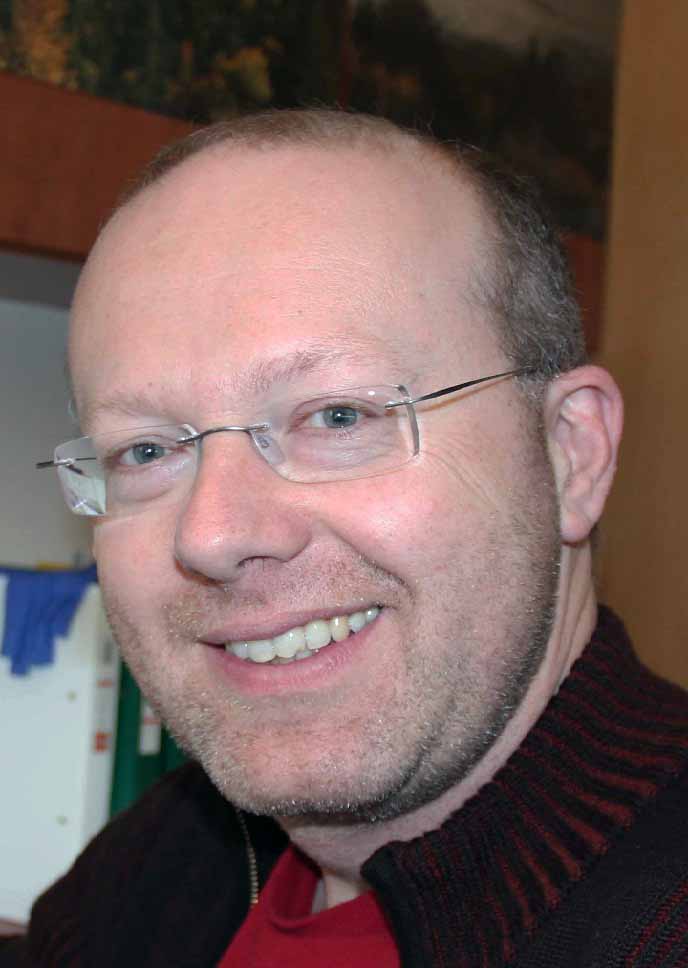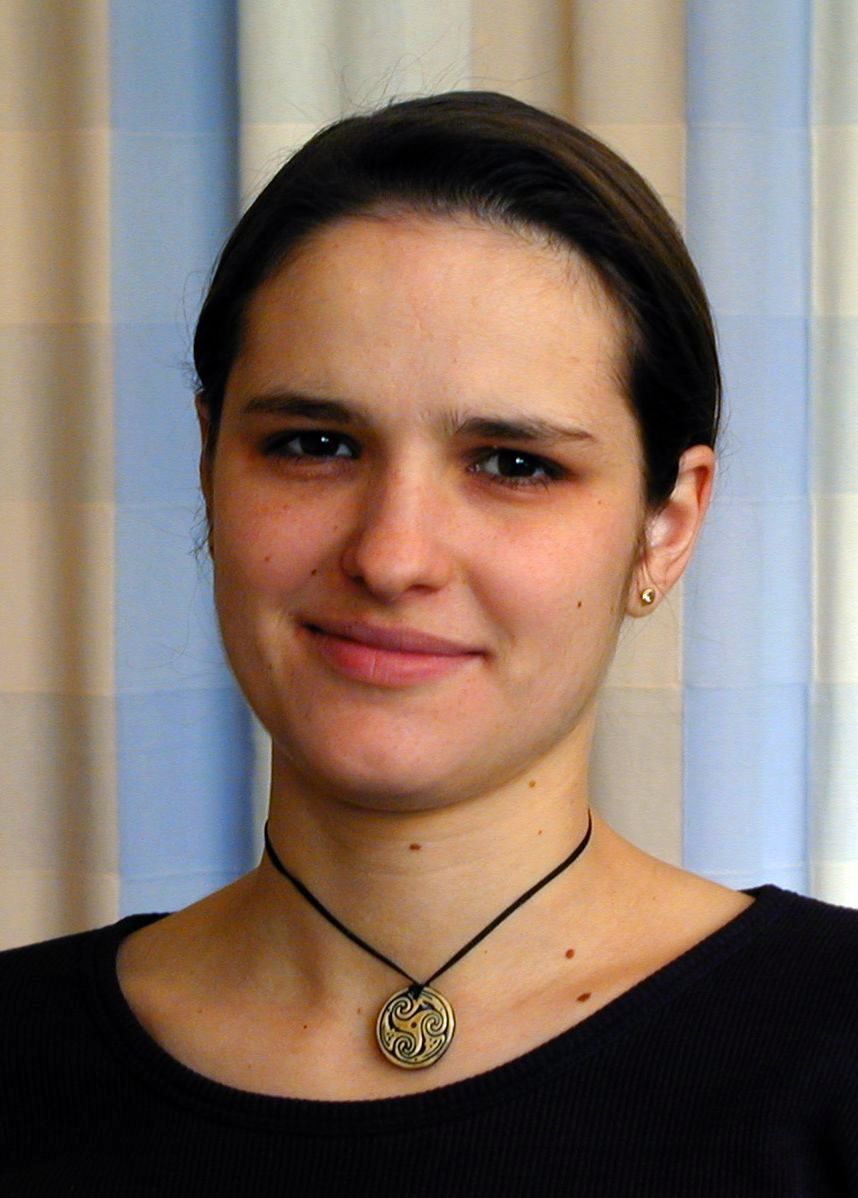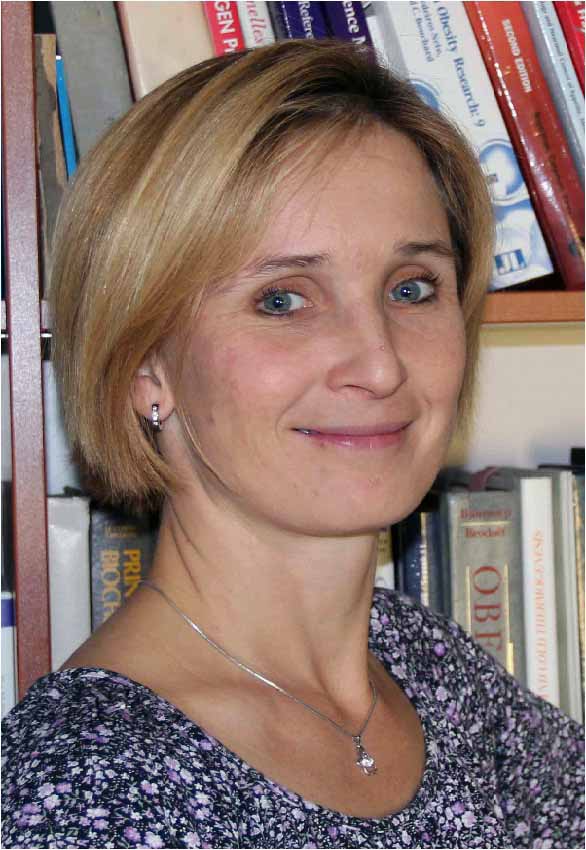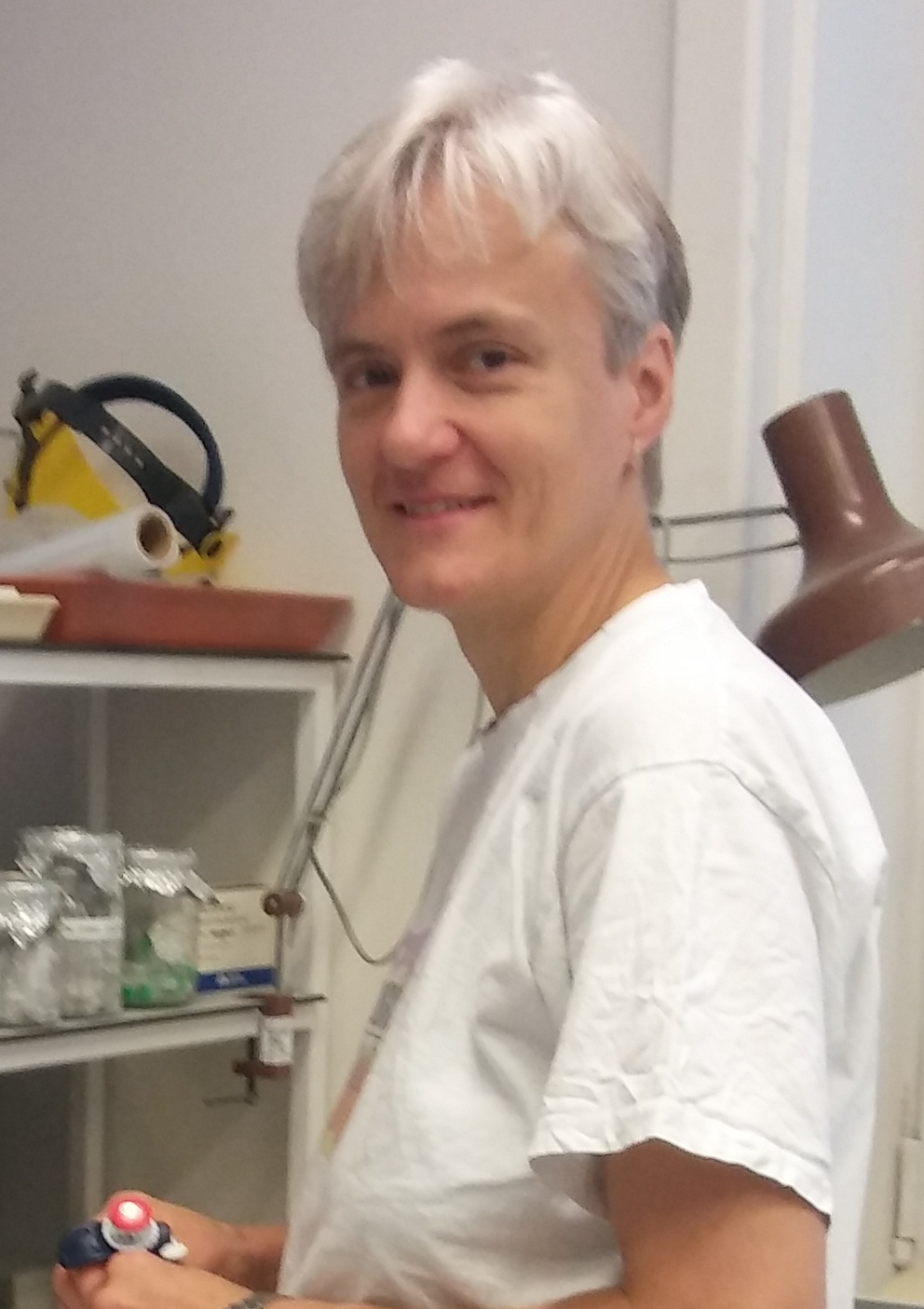The Laboratory of Adipose Tissue Biology (Laboratory) is studying physiological regulations of metabolisms and their disturbances in obesity and associated diseases (i.e. Metabolic syndrome). In order to help treat these disorders we explore the influence of drugs, diet and natural substances, namely n-3 polyunsaturated fatty acids of marine origin (omega-3). Our results show the importance of the metabolism of adipose tissue for accumulation of body fat and reveal new possibilities in the prevention and treatment of metabolic disorders linked to obesity by modulating adipose tissue metabolism. We investigate mechanisms that regulate metabolism in health and disease by combining experiments on mice and cell models with clinical studies, and we try to apply new knowledge in clinical medicine. We also focus on ontogenetic development of the studied mechanisms. While working with the manufacturers of the tested substances in the Czech Republic and Norway, we investigate the possible use of omega-3 to increase the effect of drugs and other substances in the treatment of selected diseases. Research projects of the Laboratory reflect the current grant support and the existence of research units established at the Laboratory during 2015. All the mentioned laboratories are closely collaborating and are engaged in translational research conducted in collaboration with clinical as well as industrial partners.
The Energy Metabolism Unit (PI: J. Kopecký) is focused on two complementary areas (i) systemic effects of intrinsic metabolism of white adipose tissue (WAT), and (ii) developmental aspects of energy metabolism and perinatal development in general. With respect to the WAT metabolism, we aim to understand the importance of a "futile" cycle involving the triglyceride hydrolysis and re-esterification of fatty acids (triglyceride/fatty acid cycling) in adipocytes of WAT for resistance to obesity and associated metabolic disorders, namely in the context of calorie restriction, omega-3 administration and cold exposure. The influence of the above manipulations on the formation of lipid mediators, mitochondrial metabolism and proliferation of cells in the adipose tissue is also being characterized. We also focus on the role of epicardial WAT metabolism in heart failure and assocciated cachexia in human patients. Regarding the developmental studies, we focus on the control of postnatal changes in muscle energy metabolism and its significance to obesity in mice, and we characterize perinatal changes in transcriptome of WAT, muscle and liver using a unique biobank of autopsy samples collected from human fetuses and newborns.
Core members (without workers on maternity leave): P. Janovska, K. Bardova, P. Zouhar, E. Haasova, N. Shekhar, S. Stanic, D. Salkova.
The Glucose Homeostasis Unit (PI: M. Rossmeisl), investigates the mechanisms associated with the effect of dietary lipids on metabolism, with a special focus on omega-3 fatty acids and different lipid forms of their administration. Specifically, we study the changes in ectopic lipid accumulation, glucose metabolism and insulin sensitivity in response to dietary supplementation with omega-3 using various mouse models of diet-induced obesity and non-alcoholic fatty liver disease (NAFLD). We also focus on insulin-sensitizing effects of omega-3 administered as triacylglycerols, phospholipids (Krill oil) or wax esters (Calanus oil), which are studied at the whole-body as well as organ level (muscle, adipose tissue, liver) using in vivo technique of hyperinsulinemic-euglycemic clamps. Collaboration with our Laboratory's Metabolomics Unit (now an independent laboratory, see below) allows us to study the effects of omega-3 supplementation on lipidome, with a particular focus on endocannabinoids. Translational potential regarding the beneficial effects of omega-3 on metabolism is also tested using the transgenic mice expressing the human version of the transcription factor PPARalpha. Relatively recently, we have also begun to address changes in intestinal metabolism in the context of the administration of omega-3 or drugs (e.g., metformin). We also examined changes in intestinal metabolism associated with omega-3 or drug (e.g. metformin) administration. More recently, in collaboration with the 3rd Faculty of Medicine, we have been involved in studies aimed at understanding the role of adipose tissue in the beneficial metabolic effects of exercise, including the role of lipokines secreted by adipose tissue, such as Fatty Acyl esters of Hydroxy Fatty Acids (FAHFAs), particularly those of the PAHSA family.
Core members (without workers on maternity leaf): O. Horakova, V. Kalendova, M. Mitrovic, I. Sabinari, K. Sedova, J. Vyvadilova.
Until 2019, also the Metabolomics Unit (PI: O. Kuda) formed a part of the Laboratory. However, this research unit became an independent Laboratory of Metabolism of Bioactive Lipids at the Institute, based on the "Lumina Queruntur praemium", a prestigious prize awarded by the Czech Academy of Sciences to O. Kuda.

















